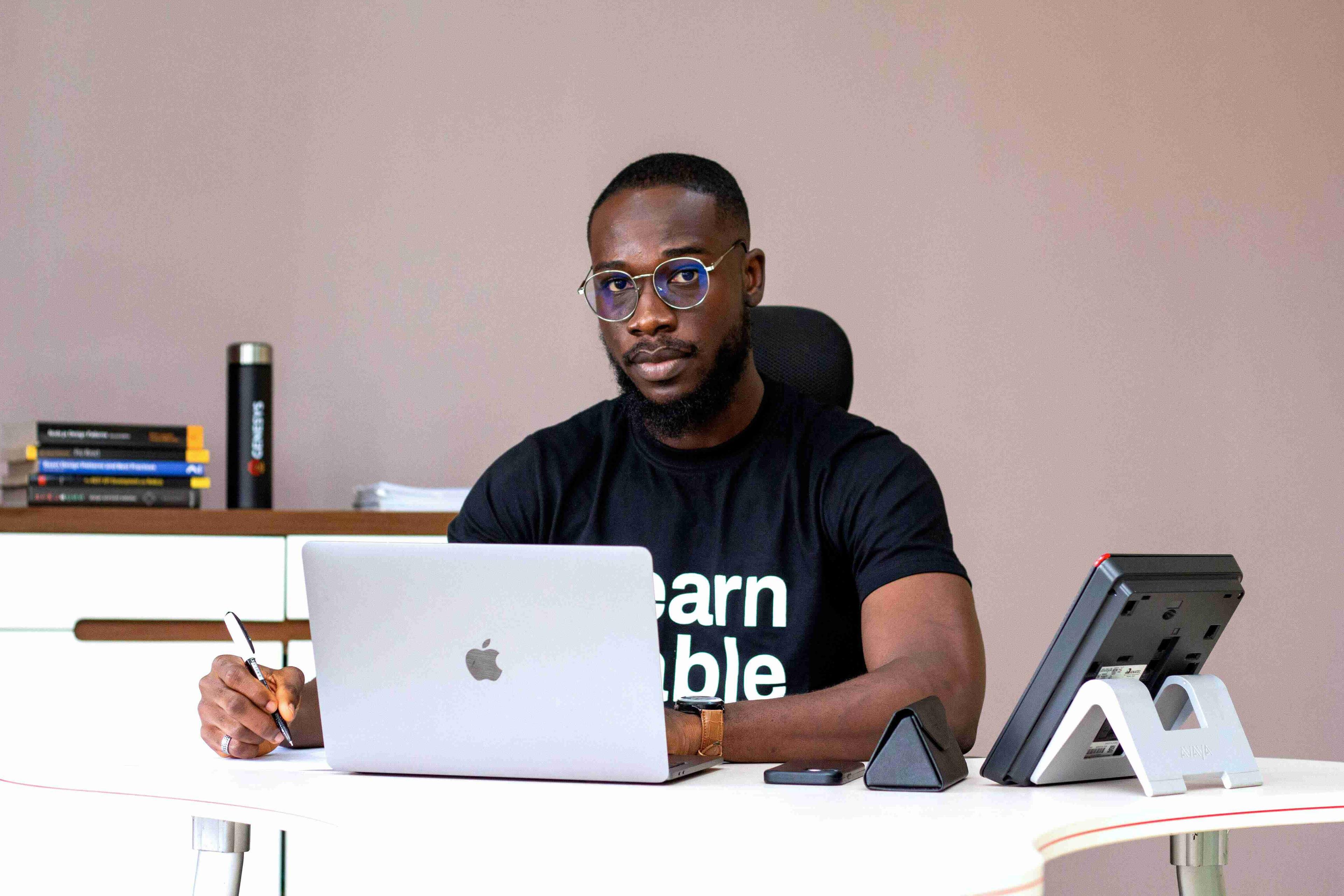Web 3

About this learning track
Web3 is a groundbreaking concept that represents the future of the internet. It's a decentralized web, powered by blockchain technology, where control and ownership of data and digital assets are returned to users. In Web3, trust is established through cryptographic principles, eliminating the need for intermediaries. It enables peer-to-peer interactions, smart contracts, and the creation of decentralized applications (DApps) that are not controlled by a single entity.
Web3 is reshaping how we view the internet, emphasizing decentralization, security, and user empowerment. It's an evolution that has the potential to disrupt various industries, including finance, supply chain, and more, by enabling transparent and trustless transactions and interactions. As the Web3 ecosystem grows, it's becoming an exciting and transformative space for developers, entrepreneurs, and users alike.
What you will learn
- Blockchain Technology: Gain an understanding of blockchain fundamentals and its role in Web3.
- Decentralised Applications (DApps): Learn to build applications that operate without a central authority.
- Smart Contracts: Explore the creation and deployment of self-executing contracts for trustless transactions.
- Digital Wallets: Understand how to secure and manage digital assets in the Web3 ecosystem.
- Cryptoeconomics: Dive into the economics and incentives behind blockchain networks and token systems in Web3.
Requirements
- A working laptop
- Steady internet access
- A working mobile phone
- A learning attitude
The Learnable culture is a melting pot of dedication and innovation, where learning becomes a way of life, this because we learn everyday and everything is learnable.

Ifedili Onyegbu
Path LeadOther learning tracks

Frontend Web Development
Learn JavaScript design patterns and how to develop web apps using React.

Backend Web Development
Learn all about JavaScript advanced topics: OOP, RegExp, design patterns, and APIs.

Product Design
Learn all about Branding, and master the act of transforming ideas to design solutions.
